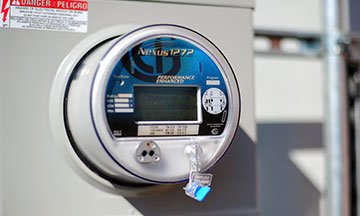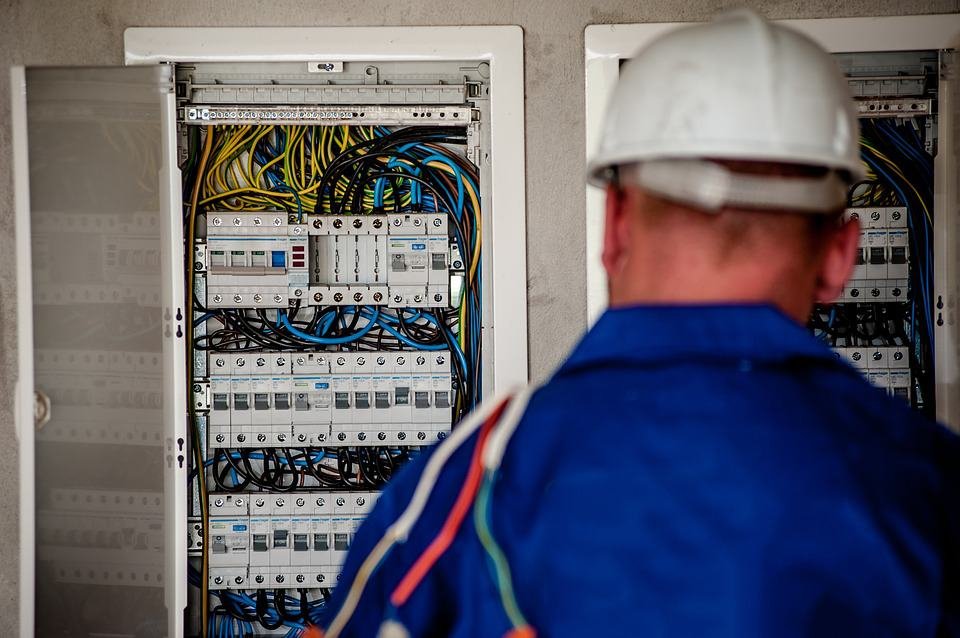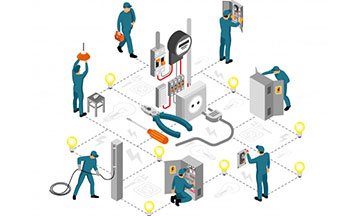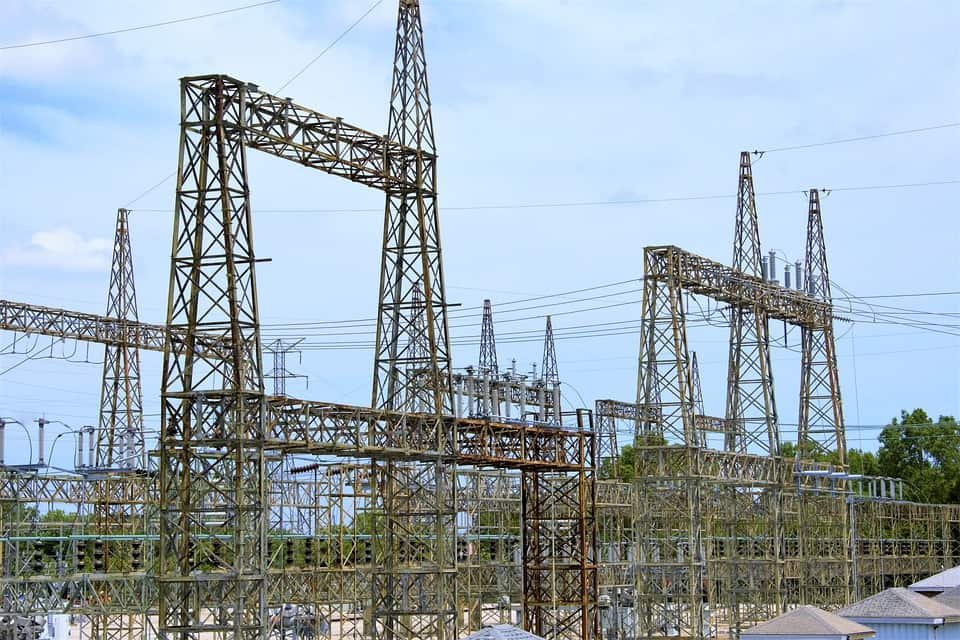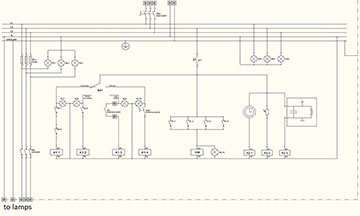Modern Power System Analysis and Protective Relaying
Course Overview
The safety of low, medium and high voltage power systems requires an awareness of system faults and their detection, as well as their protected disconnection from the power system.
This course offers a thorough and methodical description of the theories and principles of operation and application of protection schemes for a variety of power system elements such as feeders, transformers, motors, buses, generators, etc.
It looks at power system faults and protection scheme requirements for the discovery and managed the dismissal of these faults. It also discusses protection systems from a practical perspective and includes important functional aspects such as testing and coordination of protection systems. The course is specifically designed for industries and utility corporations who depend on proper system protection for operational efficiency.
How has this training course on “Modern Power System Analysis and Protective Relaying” been designed? This program has been tailored to provide a clear and perfect understanding of modern power system protection schemes and devices including protection relays, fuses, circuit breakers, and other protective devices.
Protection systems play a significant role in efficiently running plant operations, utility switching, maintenance programs, industry load transfer, and investment strategies in modern-day power systems. The outcome is to minimise system outages and to keep the maintenance and repair costs at reasonable prices.
This Zoe training course will empower you with in-depth knowledge of the basic industrial and utility system protection techniques used in fault analysis, and the ability to improve the protection of your electrical system against faults and overvoltages.
Course Objectives
Upon completing this Modern Power System Analysis and Protective Relaying course successfully, participants will be able to:
- Learn operational principles and types of electrical protection
- Study the design of different types or relays
- Select appropriate protection relays and other related devices
- Develop and analyse typical power systems and their associated protection systems
- Develop design of protection schemes
- Analyse numerical relay protection for generators, transformers, motors, and transmission lines
- Establish communication between protection devices and controllers
- Identify the motor’s faults and how to protect it from hazards
- Determine fault levels and loadings of feeders and branches
Training Methodology
This collaborative Modern Power System Analysis and Protective Relaying training program will comprise the following training methods:
- Lectures
- Seminars & Presentations
- Group Discussions
- Assignments
- Case Studies & Functional Exercises
Similar to all our courses, this program also follows the ‘Do-Review-Learn-Apply’ model.
Organisational Benefits
Companies who nominate their employees to participate in this Modern Power System Analysis and Protective Relaying course can benefit in the following ways:
- Guarantee a workable selection of protection functions and relay types for different operation scenarios
- Execute effective relay protection settings for separate zones
- Create a structured method and understanding of key protection schemes
- Confirm safe function of the electrical equipment and installations
- Become familiar with testing and measuring instruments
- Computation of fault levels and potential fault current in a transformer
Personal Benefits
Individuals who participate in this Modern Power System Analysis and Protective Relaying course can gain from it in the following ways:
- Become an expert in power system analysis including load and fault studies
- Understand the role of protective relaying
- Learn the theoretical concepts and practical equations of power system protection
- Perform analysis and design of protection logic and schemes
- Evaluate relay functions and their applications and coordination
- Recognise the complexity of power system switching & operation together with proposed solutions for protection
- Enhance your skills and get yourself trained for further qualifications in the field of modern power system analysis and protective relaying
Who Should Attend?
This Modern Power System Analysis and Protective Relaying course would be suitable for:
- System Operators
- Project Engineers
- Design Engineers
- Asset Engineers
- Project Managers
- Planning Engineers
- Planning Managers
- Electrical Engineers
- Electrical Technicians
- Asset Managers
- Commissioning Engineers and Technicians
- Protection and Instrumentation Engineer
Course Outline
MODULE 1: POWER SYSTEM AND ELECTRICAL EQUIPMENT INTRODUCTION
- Electrical engineering basic concepts
- Three phase power system
- Voltage levels (low / medium / high)
- One line and three-line diagram
- Generation system layout
- Transmission system layout
- Substation system layout
- Distribution system layout
- Industrial switch gears
- Switchgear and protection functions
MODULE 2: ELECTRICAL POWER SYSTEM FAULTS
- Different types of faults
- Incidence of faults on power system equipment
- Effects of power system faults
- Magnitude of fault current
- Calculation of short circuit current
- Positive, negative and zero sequence systems
- Detection of faults
- Clearance of faults
- Requirements of protective relaying systems
- Electrical equipment damage curves
MODULE 3: COORDINATION OF ELECTRICAL PROTECTION SYSTEMS
- Circuit breaker to fuse
- Fuse to circuit breaker
- Computer software packages for protection coordination studies
- Auto-reclosing of circuit breakers
- Back-up protection
- Limitation of fault current
- Selective zones of protection
MODULE 4: COMPONENTS OF POWER SYSTEM PROTECTION SCHEMES
- Fault detecting relays historical
- Tripping relays and other auxiliary relays
- Circuit breakers
- Microprocessor-based relays
- Modern protective relaying case studies
- Various types of CTs, VTs & CVTs
- Theory and characteristics of CTs
- Application requirements of CTs for protective relaying
- Accuracy classifications
- Testing of CTs and VTs
MODULE 5: MOTOR PROTECTION, STARTING AND CONTROL
- Applicable motor standards
- Methods of starting
- Differential protection, phase unbalance, overcurrent
- Ground fault protection
- Microprocessor-based motor control and protection devices
MODULE 6: PROTECTIVE DEVICES AND EARTHING SYSTEMS
- Protection zones and time-current characteristics curves
- Fuse types, applications, selection and coordination
- Digital and numerical relay functionalities
- Ungrounded vs. grounded systems
MODULE 7: FEEDER OVERCURRENT AND EARTH FAULT PROTECTION
- Merits and characteristics of feeder protection
- IDMT O/C & E/F protection
- Definite Time (DT) protection
- High-set instantaneous protection
- Transient overreach
- Relay settings
MODULE 8: TRANSFORMER DIGITAL AND DIFFERENTIAL PROTECTION
- Transformer protection
- Transformer unit protection
- Buchholz and pressure relief operations
- Transformer differential protection complexities & solutions
- Unit and non-unit transformer protection
- Digital transformer protection system
MODULE 9: GENERATOR PROTECTION
- Over-frequency, underfrequency, overvoltage, undervoltage
- Negative phase sequence or phase unbalance
- Voltage controlled and voltage restricted overcurrent protection
- Synchronising systems, synchro-check relays
- Comparison of electro-mechanical and electronic relays
- Testing of generator protection schemes
- Microprocessor-based multi-function generator protection relays
- Interpretation of generator capability curve
MODULE 10: DIRECTIONAL PROTECTION AND CAPABILITY CURVE
- Faults and protection features
- Protection overview
- Differential protection
- Overall protection
- Full protection with numerical relays
MODULE 11: BUSBAR PROTECTION AND DISTANCE PROTECTION FOR OVERHEAD LINES
- Digital busbar protection schemes
- Busbar high impedance protection
- Frame leakage protection
- Line distance protection
- Line differential protection
MODULE 12: COGENERATION AND NON-UTILITY GENERATION (NUG) PROTECTION
- Non-utility generating stations
- Interconnection of NUGs to utility power systems
- Typical protection schemes for non-utility generators
- Low-cost microprocessor-based multi-function relays for small generators
- Breaker failure protection
- Testing utility tie protection schemes
MODULE 13: TRANSMISSION LINE PROTECTION
- Distance or impedance protection schemes
- Phase comparison protection schemes
- Communication channel requirements between terminals
- Coordination and transfer-tripping between terminals
MODULE 14: CAPACITOR PROTECTION
- Application of static capacitors on power systems
- Description of protection schemes used
- Testing of capacitor protection schemes
- Microprocessor-based capacitor protection and controls relay
MODULE 15: LATEST DEVELOPMENTS AND FUTURE TRENDS IN PROTECTIVE RELAYING
- Digital relays
- Integrated microprocessor-based systems for protective relaying
- Optical current transformers
- Fibre optic communications




